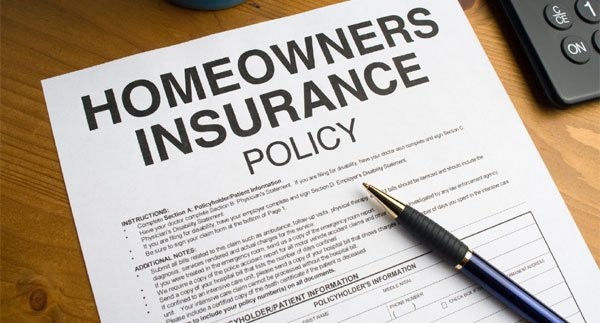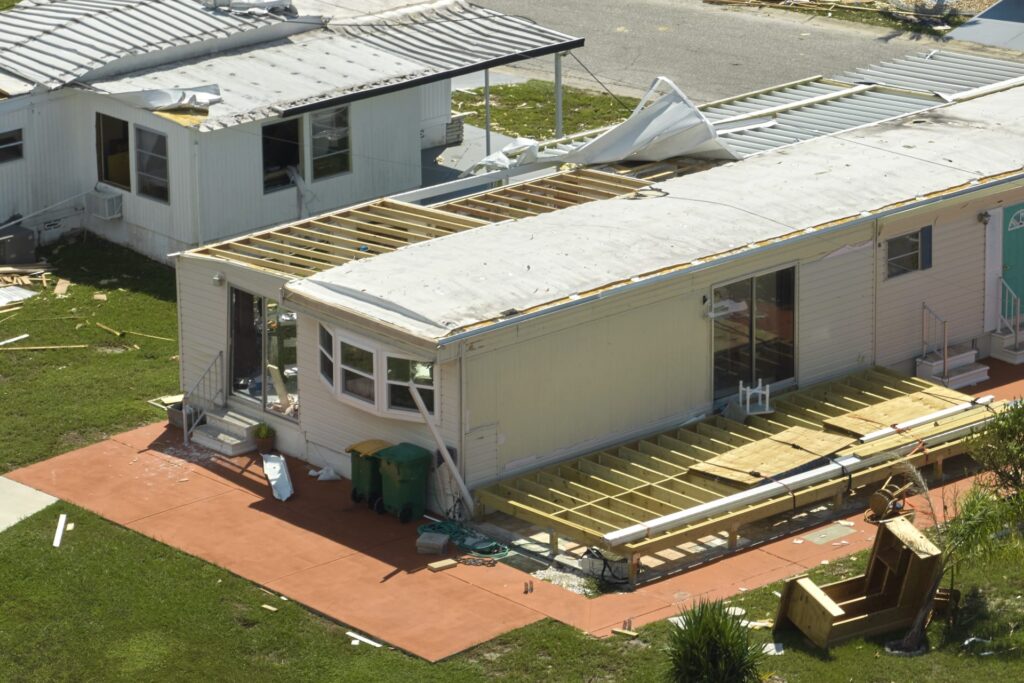What Does Your Homeowners Insurance Cover?
If fire and smoke cause damage to your home in Texas, you will need to submit a smoke damage claim to your property insurance company as quickly as possible. If your damage claim is rejected, have the claim reviewed immediately by a Texas fire insurance attorney.
Wildfires pose a risk to thousands of homes in Texas every year. In 2023, nearly 7,000 wildfires were reported in this state. Wildfires were active in 191 of the state’s 254 counties, burning over 5,000 acres and prompting Governor Greg Abbott to issue a wildfire disaster declaration.
Wildfire smoke is considerably more toxic than normal air pollution. It can linger in the air for weeks and travel many miles. Along with soil and biological particles, wildfire smoke may also contain traces of toxic chemicals, plastics, metals, and other dangerous and damaging substances.
A homeowners policy usually covers wildfire damage, including smoke damage, but insurance companies sometimes exclude smoke damage coverage or will not sell policies covering wildfire smoke damage in high-risk areas. Homeowners must make sure they have adequate coverage.
When Should You File a Smoke Damage Claim?
Before you file any property damage claim for your home or property, you should know the details of your property insurance policy. For example, if you do not meet the deadline for a smoke damage claim, or if you do not request an extension, the claim will be summarily rejected.
If wildfire smoke damages a property or a home that you own, you will need to prepare and file your smoke damage claim immediately. If your insurance company denies your wildfire smoke damage claim, get help by contacting a Texas homeowners insurance lawyer at once.
When you submit your smoke damage claim, take photos and/or video of the damage caused by smoke from the wildfire (or by smoke from any other nearby fire), compile a detailed list of your damages and losses, and do not toss out anything that has been damaged or destroyed by smoke.
How Should You Prepare Your Smoke Damage Claim?
Start compiling your list of damages and losses as soon as possible after a fire, and make sure that nothing is overlooked. A destroyed or damaged item is proof of your loss, so do not throw out anything before an insurance adjuster sees it, or you may not be reimbursed for that item.
A smoke damage claim may require you to make several phone calls and send several letters and a number of documents to your insurance company. Keep copies of the documents and take notes when you have in-person meetings or phone calls with insurance company representatives.
Every damage claim is unique. Smoke damage from a wildfire is considerably different from the damage caused by a kitchen fire, for instance, so there is no “one size fits all” fire damage claim. Even if you have made full, on-time policy payments, your smoke damage claim may be denied.
What Should You Do If Your Claim is Denied?
Why is it so important for you to know the details of your homeowners insurance policy? If your homeowners policy excludes smoke damage caused by a wildfire, or if you live in an area that is considered at high risk for wildfires, you may have to buy a separate policy for smoke damage.
Just as every insurance claim for property damage is unique, every homeowners insurance policy in Texas is also unique. If your homeowners policy does not include adequate coverage for smoke damage, your insurance company may legitimately reject your smoke damage claim.
However, if you believe – or if you are certain – that you already have sufficient coverage for smoke damage, and your claim for smoke damage is denied, you will need the services and advice of a Texas fire insurance attorney, and you’ll need to speak with that attorney promptly.
Are You Dealing With Insurance Bad Faith?
Most insurance companies operating in Texas are staffed by helpful and trustworthy insurance professionals who are seeking to satisfy their clients and to meet their legal and ethical responsibilities. However, a small number of insurance companies in Texas operate in bad faith.
What constitutes insurance bad faith? Insurance bad faith happens when insurance companies – whether by negligence or by intention – fail to meet their responsibilities to policyholders.
An honest disagreement over a smoke damage claim does not mean that an insurance company is practicing bad faith, but if that company won’t return your calls, won’t negotiate, or gives you “the brush-off,” promptly schedule a consultation with a Texas homeowners insurance lawyer.
What Will an Attorney Do on Your Behalf?
When a homeowners insurance company rejects a valid claim for smoke damage, an insurance attorney can often settle the claim quickly and fairly on the homeowner’s behalf. In fact, merely retaining an attorney may be enough to compel a quick resolution with no need to go to court.
Nevertheless, if the insurance company continues to act in bad faith, your homeowners insurance lawyer should be ready to take your case to trial.
When you consult the insurance attorneys at Flores & Pelaez-Prada, our legal team will explain how the law in Texas applies to your own case, and we will also explain your legal options – which may include filing a lawsuit that accuses the insurance company of operating in bad faith.
Texas Homeowners Count on Flores & Pelaez-Prada
After the smoke from a wildfire or another nearby fire damages your home or other property, if your property insurance company refuses to cooperate and acts in bad faith, let the legal team at Flores & Pelaez-Prada help you. We fight for homeowners across the State of Texas.
When an insurance attorney at Flores & Pelaez-Prada advises and represents you, you will pay no lawyer’s fee to us upfront, and you will owe us nothing until and unless we recover your property damage payout at a trial or through out-of-court negotiations.
From anywhere in the State of Texas, if your valid property insurance damage claim has been denied (or is denied in the future) for any reason, immediately contact the Texas insurance attorneys at Flores & Pelaez-Prada by calling 1-855-786-7674 (or 1-855-STORMS-4).
Disclaimer: The blog posts shared on stormlex.com are intended for general informational purposes and may not apply to your specific situation. For personalized legal advice concerning your policy or claim, contact our office directly at 1-855-786-7674.
















